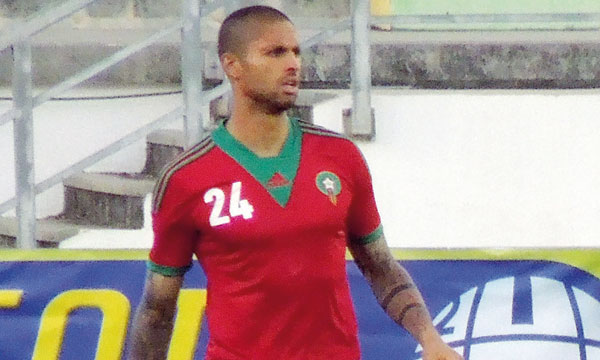Samuel Eto’o undoubtedly stands as a football legend, with his influence stretching far beyond the boundaries of Douala or Yaoundé. From Lomé to Madrid, via various cities including Paris, Makhachkala, London, and Barcelona, his career trajectory speaks volumes about his prowess as one of the world’s finest strikers. However, despite his remarkable achievements, there’s a notable absence of global accolades. Is his African-sounding name to blame?
Thomas Ngijol, co-director of “The Crocodile of Botswanga” alongside Fabrice Eboué, a film shedding light on the challenges of binationality in football, attributes this perceived “injustice” to Eto’o’s typically African name.
Eto’o’s journey has been marked by adversity, starting from being turned away from the PSG training center as a teenager due to undocumented status. When asked about the possibility of Eto’o playing for PSG, Ngijol, a fervent supporter of the Parisian club, emphasizes that Eto’o’s legendary status is defined by his resilience. Despite facing setbacks, including starting at Real Madrid in a supporting role, Eto’o eventually established himself as a top-tier player. His return to Chelsea after a stint in Russia further underscores his determination and resilience.
Ngijol suggests that Eto’o’s perception in the football world might have been different if his name had been less African-sounding. He argues that Eto’o’s accomplishments warrant recognition, even suggesting that he deserved a Ballon d’Or. Ngijol’s sentiment echoes the sentiment that Eto’o’s name may have influenced how he was perceived and recognized in the football world.
In contrast, Gervais Yao Kouassi, known as Gervinho, may have been aware of this phenomenon when choosing his footballing name, opting for a moniker that may have been perceived as more globally palatable.











